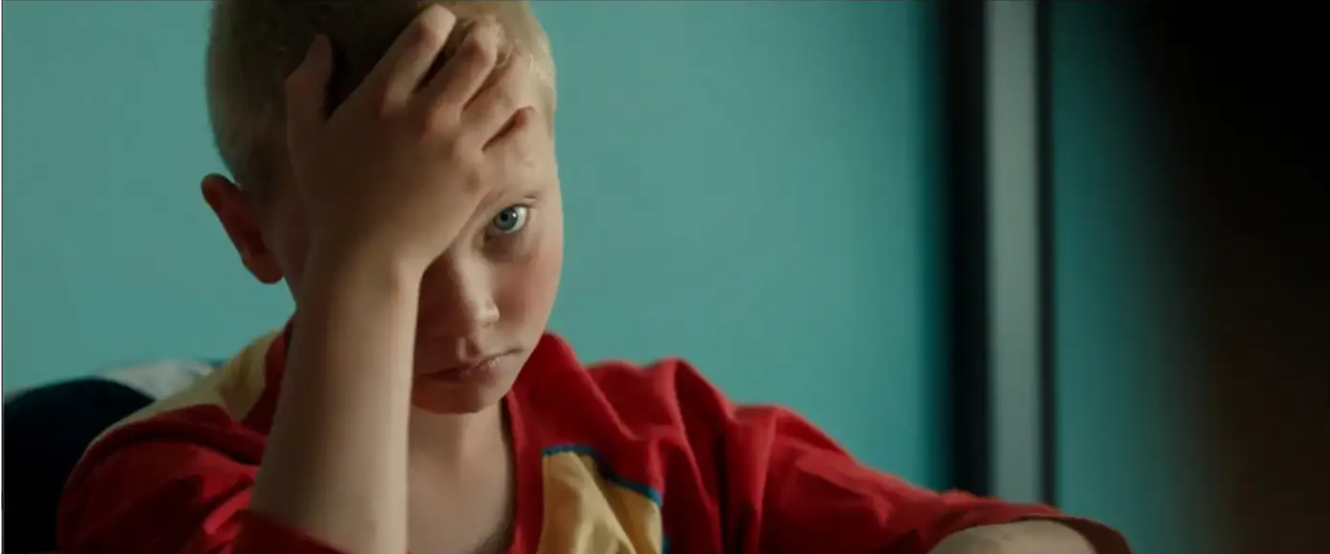‘Les Pires’ Review: A meta-film that brilliantly tackles poverty porn
My expectations were low. Not because I thought it would be bad, in fact, I hadn’t heard anything about it before watching it. Rather that it was 8:30 in the morning, I got five hours of sleep, had no food or coffee, and was expected to engage with a prestige foreign film in a crowded theater.
However, in just the first opening minute, I was hooked. Shot up with the caffeine of a gripping script and magnetic performances (specifically by Timéo Mahaut), it was the most immersed that I felt out of all 14 films that I saw at Cannes.
‘Les Pires’ follows a director, Gabriel (Johan Heldenbergh), who goes to a small urban housing project in France to shoot his first feature film using real kids from the community. As the production gets underway, we quickly see how the characters in the director’s film tangle with the children’s own lives. At one point in the film, Gabriel gives a note to Ryan (Timéo Mahaut), who’s character is the lead of the film. Gabriel states to Ryan that he wants to see “real emotion.” When Ryan struggles to give the desired performance, Gabriel decides to perversely use Ryan’s own family life to instigate a reaction for the cameras.
It was fascinating to sit in a theater of people in industry during the many scenes like this. From awkward chuckles to shifting seats, Gabriel’s manipulation of real people for the sake of “the art” cast an audience of filmmakers, producers, and cinephiles as guilty spectators. What does it say about us that we are finding entertainment in the often sad, broken, and dangerous lives of others? This is also set in the ironic shadow of Akoka and Gueret making their first feature film about a director making his first feature film about kids in poor and broken homes.
Underneath this meta-commentary is some very impressive character building. It happens to be so great that one could say it lends to its own critique. ‘Les Pires’ ended with me wanting to see more of the secondary characters whose personalities were complexly built up but whose stories remained unresolved. It was an ensemble cast of gripping young people that I found myself comparing to and rivaling that of Laurent Cantet’s ‘The Class’ (2008) — which notably also premiered at Cannes and won the Palme d’Or. They were flawed, funny, and strong… they felt real. I could have spent so many more hours with them and I felt almost deprived of seeing the adults that they would turn out to be.
‘Les Pires’ was included in Cannes’ Official Selection this year in Un Certain Regard. From the moment I saw it, this film was my pick to win the top prize in this section and, as of a couple hours ago, I’m so thrilled it see that it did. Now it’s just my hope that it has a long theatrical and future shelf life. While films like this go fairly under-the-radar in the U.S. market, I hope that its similarity to ‘The Class’ — which had an impressive amount of recognition in the U.S. — means that there is hope.
(Originally published on May 28th, 2022.)
